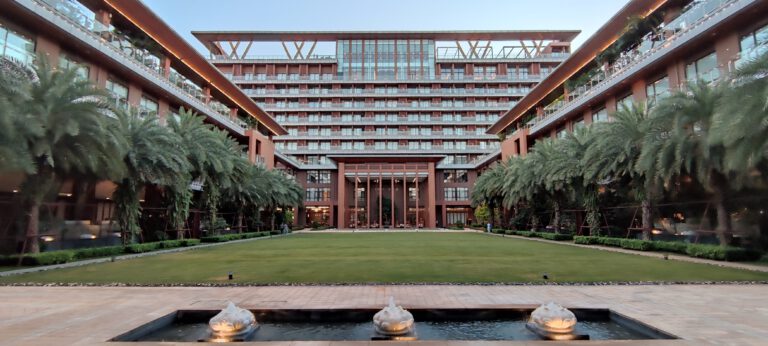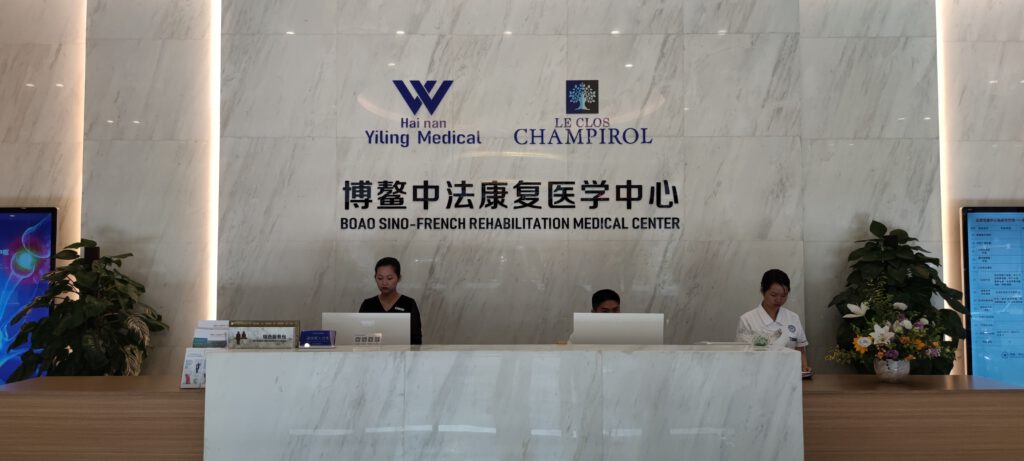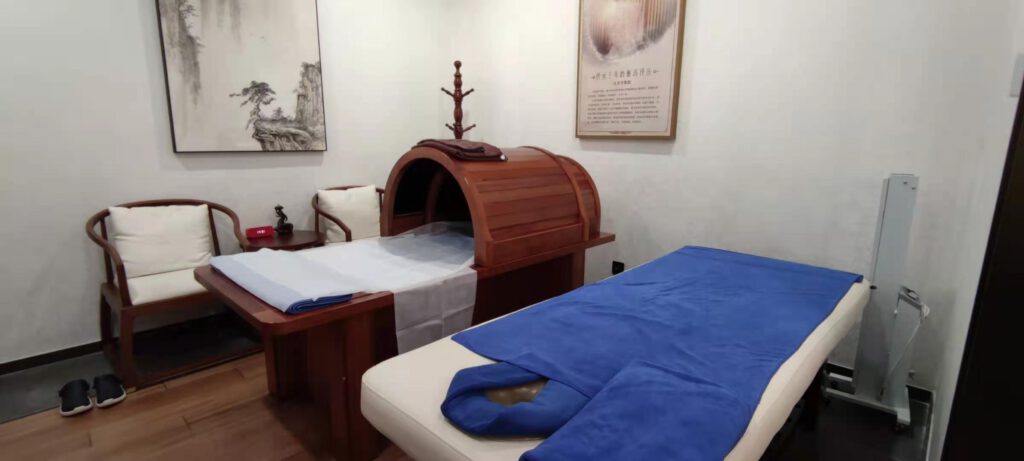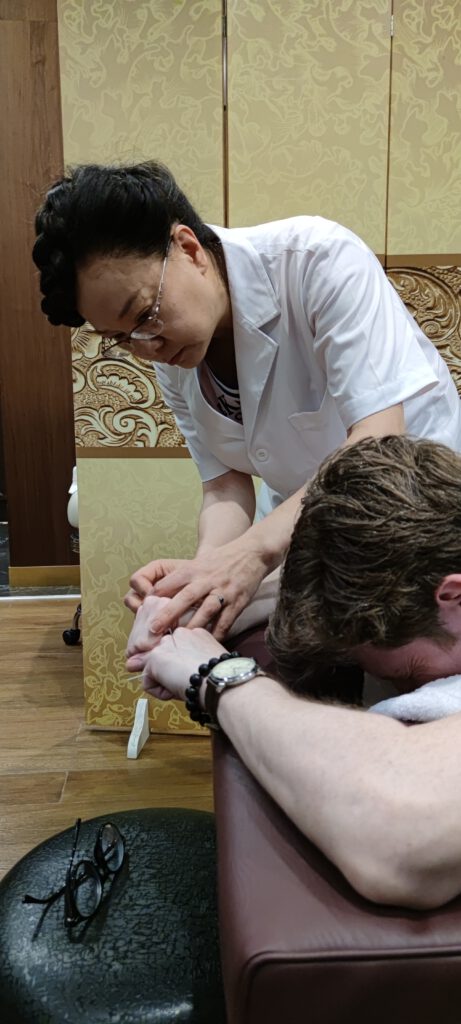Das Boao Yiling Zentrum (Hainan Provinz) für eine bessere Lebensqualität
Abgesehen von einigen wenigen europäischen und chinesischen Ärzten, die meist im Land des Konfuzius umfassend ausgebildet wurden, wird die chinesische Medizin in unseren Breitengraden nicht von Spezialisten praktiziert. Das Niveau lässt zu wünschen übrig, sobald man über Tai-Chi-Kurse oder Entspannungsmassagen hinausgehen will. Auf der Insel Hainan, im äußersten Süden Chinas, ist aus dem klassischen Konzept des Medizintourismus, wie zum Beispiel der Zahnmedizin in Ungarn, eine Ode an das innere Wohlbefinden, an die Körperharmonie geworden. Auch der Geist wird angesprochen, dank der tausendjährigen Praktiken der chinesischen Weisheit, die heute an den besten Universitäten gelehrt werden. Fügen Sie zu diesen exklusiven Behandlungen einen Traumaufenthalt in einem Luxushotel hinzu, nur wenige Kilometer von den Stränden dieser tropischen Insel, dem wahren chinesischen Hawaii, entfernt, und Sie werden diesen einzigartigen Cocktail aus Gesundheit und Vergnügen genießen, ausgedacht von Herrn Li, dem Besitzer von Krankenhäusern und Hotelanlagen, deren Qualität und Schönheit der Vorstellungskraft trotzen.
Das LHCH-Team hatte das große Glück und die Ehre, eingeladen zu sein, sich von der Qualität der Behandlungen in diesem Zentrum für chinesische Medizin zu überzeugen, das an das Hotel des Resorts angrenzt, das uns herzlich willkommen hieß.
Erster Tag: Einführung in die authentische TCM
Alles beginnt mit der Ankunft in der riesigen Lobby mit zeitgenössischer, fließender und raffinierter Dekoration. Das Personal spricht Französisch, Englisch und Deutsch, Arabisch und Russisch. Ein brillantes Übersetzungsteam, das in 5 Sprachen arbeitet. Sie werden schnell zu dem Teil der Anlage geführt, in dem sich Ihr Zimmer befindet, vorbei an baumbewachsenen Innenhöfen und Teichen. Im Zimmer: ein Teetisch, perfektes Bettzeug und leichte Kleidung für die ersten TCM-Massagen des Tages. Die Organisation ist einwandfrei; das freundliche Personal steht zur Verfügung und hat ein offenes Ohr für alle Fragen und Sonderwünsche. Eine lokale Schönheit erklärt Ihnen das Tagesprogramm. Ein wenig ungeduldig ziehen Sie Ihr legeres Outfit an, die Hausschuhe, leeren eine Tasse Tee und schon klingelt es zur ersten Behandlung. Ein kleiner Jeep bringt Sie zum BOAO YILING LIFE CENTER.
Traditionelle Chinesische Agarholzöl-Therapie
„Möchten Sie bei der ersten Massage eine Übersetzung oder kann ich Ihnen jetzt den Ablauf der Behandlung erklären?“ Eine neue Hostess begrüßt Sie in Ihrer Muttersprache. Der erfahrene Behandler ist Chinese. Ich wähle Privatsphäre (ich kann Chinesisch). Ihre Massageliege ist traditionell mit Holz ausgestattet. Sie liegen auf dem Bauch und schnell wird ein warmes, wohltuendes Öl auf Ihren Schultern und Ihrem Rücken verteilt. Zunächst von Hand. Dann, mit einem Stoffball, in dem Pflanzen der chinesischen Pharmakopöe komprimiert sind. Eine Art Fernmoxibustion und Weihrauchduft hüllen Sie angenehm wärmend ein.
Jetzt ist es Zeit für ein Bad in einer großen, massiven Holzwanne. Ein großer, mit Pflanzen gefüllter Stoffbeutel dient als Aufgussbeutel. Ein ziemlich heißes, wohlriechendes Bad umhüllt Sie und Sie geben sich ganz Ihren orientalischen Träumereien hin, während die Behandlerin Sie allein lässt.
Nachdem Sie sich abgetrocknet haben, sitzen Sie mit einer Abkochung in einer Halle. Alles ist sehr ruhig. Ich habe Zeit, Fragen zur Behandlung zu stellen. Was wird mit der Behandlung erreicht?
Agarholzöl, Heilpflanzen dringen in Akupunkturpunkte ein, um das Blut zu reinigen, Meridiane zu öffnen und zu entstauen, Muskeln zu entspannen, Knochen zu beruhigen und die Haut zu stimulieren. Diese Schätze Chinas entspannen auch das Nervensystem: Seele und Körper kommen dann in vollen Einklang.
Die Therapie hinterlässt trotz aller Duftstoffe anschließend keine Spuren auf dem Körper.
Der Behandler erklärt es mir noch einmal: „Seit Jahrtausenden wird Agarholz, auch bekannt als Chen Xiang (沉香) und Oud-Holzöl, in der traditionellen chinesischen Medizin als Heilmittel verwendet. Es wird wegen seiner ganzheitlichen Wirkung auf Körper und Geist sehr geschätzt. Die große Zahl von Krankheiten, die zunehmend mit Agarholzharz und reinem Oud-Öl behandelt werden, ist beeindruckend und das Holz wird in der chinesischen Medizin hoch verehrt.“
Zweiter Tag: Moxibustion mit der Artemisia-Pflanze
Über das erstaunliche Hotel werde ich in einem anderen Teil sprechen. Nach einer ruhigen, erholsamen Nacht und einem gesunden Frühstück ging ich sehr früh am Morgen mit nagelneuer Kleidung in das BOAO YILING LIFE CENTER.
Entspannt liegend, spüre ich die Wärmedusche im Rücken, dazu den Duft der Artemisia-Stäbchen oder „Moxas“ (einjähriger Beifuß). Es handelt sich um eine Art klassische Akupressurpunktmassage entlang der Meridiane.
Die junge Behandlerin erklärt mir in aller Ruhe: „Bei der Moxibustion wird – mit Moxas – ein Akupunkturpunkt erhitzt und die Hitze durch die Haut geleitet. Die Wärme, die bei ihrer Verbrennung entsteht, stimuliert die Akupunkturpunkte.“
In der Tat hat die Moxibustion eine dreitausendjährige Geschichte. Vielleicht gab es sie schon vor der Akupunktur. Bereits in der Kaiserzeit war diese Behandlung sehr beliebt. Dieses Vermächtnis, ein Schatz Chinas, wurde vom Team der brillanten Ärzte des Zentrums gesammelt, die daraus den größten Nutzen für die Krankheiten der heutigen Zivilisation ziehen.
„Wenn wir vom Arbeitsdruck erschöpft sind und das schnelle und unregelmäßige Lebenstempo beklagen, haben von diesem Moment an bereits verschiedene Probleme den Körper angegriffen. Seine häufigste therapeutische Wirkung ist die Erwärmung, wenn ein Syndrom vorliegt. Bei übermäßiger Kälte, zur Kräftigung bei Yang-Leere oder allgemein zur Aktivierung und Zirkulation von Qi und Blut in den Meridianen. Die Moxibustion hilft bei der Vorbeugung oder Behandlung von Problemen wie rheumatischen, Gelenk- und Muskelschmerzen, bestimmten Verdauungsproblemen wie Durchfall und gynäkologischen Problemen wie schmerzhafter Menstruation und mancher Unfruchtbarkeit; bei Männern wird sie zur Behandlung von Impotenz und spontaner Ejakulation eingesetzt. Sie wird häufig bei der Behandlung von müden oder an chronischen Krankheiten leidenden Menschen eingesetzt, um deren Lebensenergie zu stärken. Außerdem sind „Moxas“ auch in bestimmten Fällen von Anämie sehr nützlich.
Dritter Tag: Khan Balance Therapie 9. fünf-Jahres-Rezept
So viele fabelhafte Entdeckungen! Selbst in Brüssel, der Hauptstadt Europas, kommt keine Behandlung an die traditionell ausgefeilten Praktiken in China heran. Ich fühle mich leicht, berauscht von Düften. Mein Körper ist ausgeruht und entspannt. In der Zwischenzeit, der neuen Therapie des Tages, bereite ich einen Sud aus Pflanzen der chinesischen Pharmakopöe zu.
Die Ärzte haben schon gespürt, dass mein Körper innen „heiß und feucht“ war. Ich werde in einem anderen Beitrag über den totalen Check-up meines Körpers dank der chinesischen Medizin und auch, ohne Widerspruch, dank der besten westlichen Ärzte und Maschinen sprechen.
Heute besuche ich nach den bereits vorher durchgeführten, intensiven Massagen die Bereiche, in denen die Abkochungen der chinesischen Pharmakopöe zubereitet werden. Große Gläser präsentieren die 200 in der TCM verwendeten Pflanzen; historische Erläuterungen liefern den Kontext. Dann beobachte ich die sehr moderne Art, diese Pflanzen in Kapseln zu verarbeiten oder sie intakt zu lassen, aber in Baumwollsäckchen für Kräutertees oder Körperbäder zu sammeln.
Ich lerne heute, dass die 5 TCM-Therapiebereiche (Pharmakopöe, Massage, Akupunktur, Diät und IQ oder Atemgymnastik) sich gegenseitig ergänzen; bei der Behandlung einer bestimmten Krankheit werden dann mehrere dieser Praktiken kombiniert. Zum Beispiel eine Massage kombiniert mit dem Einsatz von Pflanzen, die in die Akupressurpunkte eindringen.
Die KHAN-Balance-Therapie kombiniert, so wie ich sie verstehe, die äußere und innere Behandlung von „inneren“ Krankheiten. Außerdem kombiniert sie Techniken aus der Zeit der Streitenden Staaten mit sehr ausgefeilten aktuellen Techniken. Hier behandeln wir vor allem die Leber, die Blase und Alterskrankheiten. Wir verwenden Saugnäpfe, Infrarot, Veränderungen der Körpertemperatur, Musik, Gymnastik und natürlich Abkochungen mit sehr alten Rezepten.
Vierter Tag: 4-Hand-Massage im Zimmer und Behandlungen am Ohr
Ich werde darüber in einem anderen Teil sprechen, aber diese Therapien und Entdeckungen der TCM sind von Teezeremonie-Sitzungen, Kalligraphie-Sitzungen, Entspannung im Freien usw. begleitet.
Bevor ich heute die chinesische Ohrenheilkunde entdecke, bekomme ich in meinem Zimmer Besuch von zwei Ärzten. Sie bringen die Liege und die Geräte mit. Sehr professionell. Heute, nach drei Tagen mit Massagen und Behandlungen, werden die Spezialisten im BOAO YILING LIFE CENTER die Akupressurpunkte und Meridiane massieren, die den Organen entsprechen, die sie als mögliche Probleme diagnostizieren. Bei mir geht es um die Leber und den Magen. Zugegeben, eine kräftige Massage der Bereiche, die diesen beiden Organen entsprechen, tut manchmal ein wenig weh. Aber dieser Schmerz muss sein. Es sind therapeutische Massagen. Keine „asiatische Wellness“.
Die Personen, die mich seit vier Tagen begleiten, sind über den Verlauf der Untersuchung informiert. Denken Sie daran: Dies ist eine erste Entdeckungsreise. Noch keine therapeutische Reise für diese oder jene spezifische Krankheit.
Zusammen mit meinen Kollegen von LHCH gehen wir in den Raum, der der Ohrenheilkunde gewidmet ist. Ja, unsere Ohren haben bestimmte Punkte, die mit allen Organen des Körpers korrespondieren. Nach einer ersten Diagnose befestigt der Spezialist kleine Pinzetten, die automatisch einen bestimmten Akupressurpunkt mehrere Tage lang massieren. Manche Bereiche fördern zum Beispiel den Schlaf oder die Verdauung.
Epilog: Akupunktur?
In Europa wird fälschlicherweise angenommen, dass die Akupunktur die Königin der traditionellen chinesischen Medizin ist. So ist es nicht. Die Pharmakopöe hat Vorrang, desgleichen die unterschiedlichen Möglichkeiten, diese Pflanzen in unseren Körper zu bekommen.
Aber natürlich ist die Akupunktur im TCM-Zentrum präsent. Eine brillante Ärztin aus Peking, die durch das Zentrum kommt, fragt uns dann, welche chronische Krankheit wir nur schwer loswerden.
Ich antworte: „Ich habe immer noch diese Schmerzen im unteren Rücken.“
Eine Stunde später breitet sich in meinem Körper und vor allem in meinem Rücken ein außergewöhnliches Gefühl der Befreiung aus. „Es ist Magie, Frau Doktor!“ „Nein“, antwortet sie bescheiden. Es ist ganz einfach eine alte Technik der chinesischen Medizin.






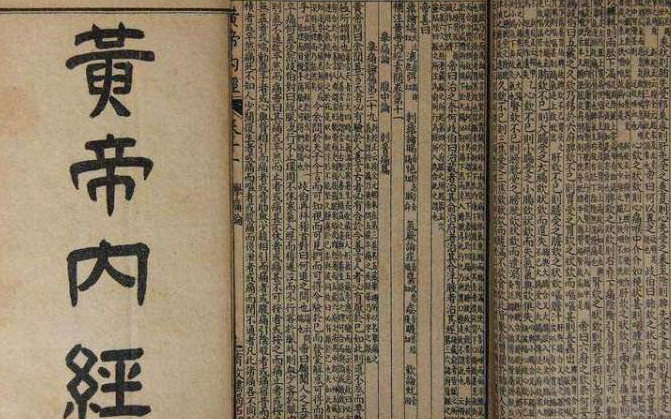
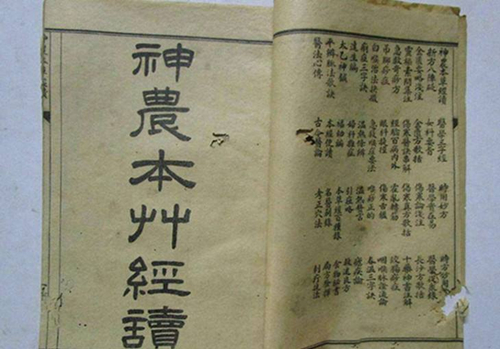
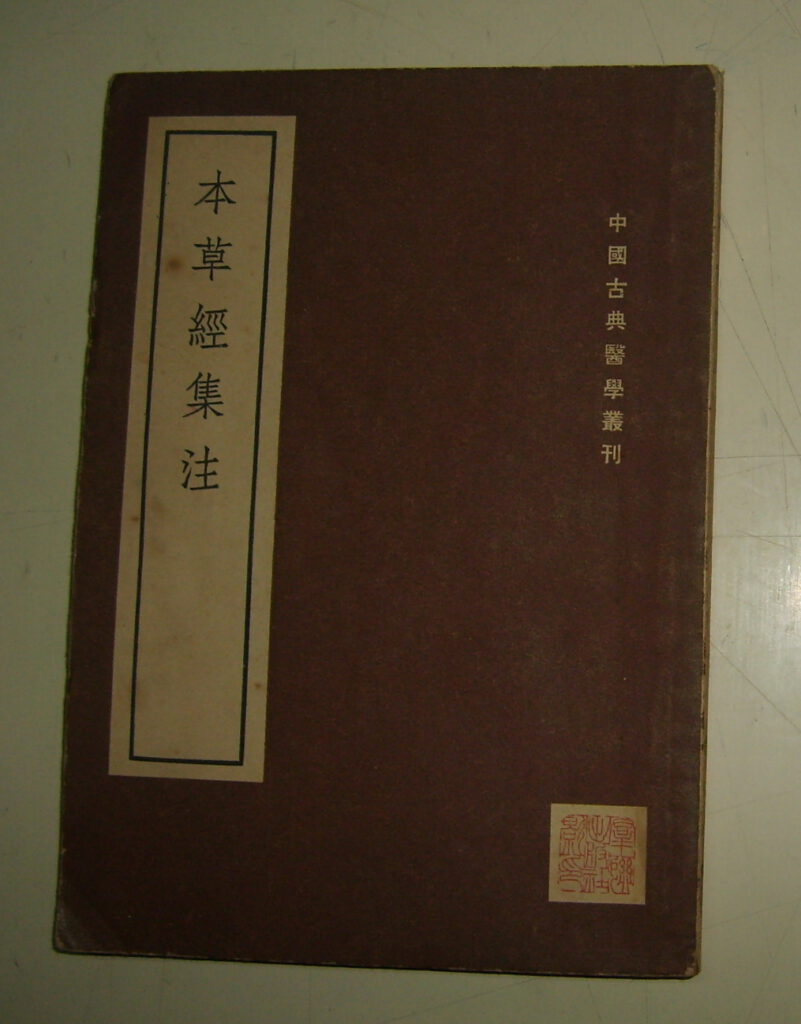
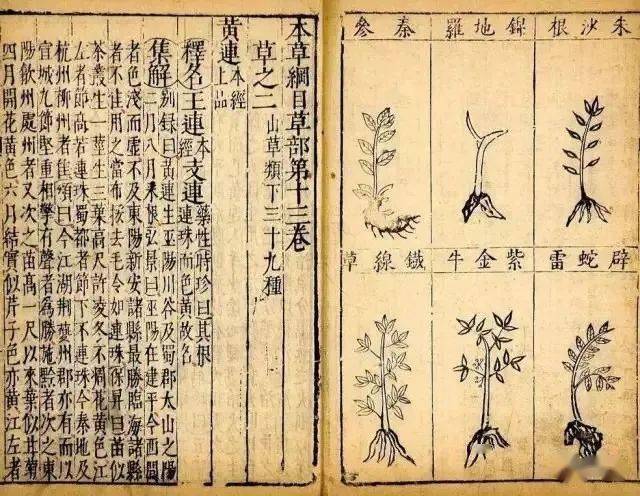
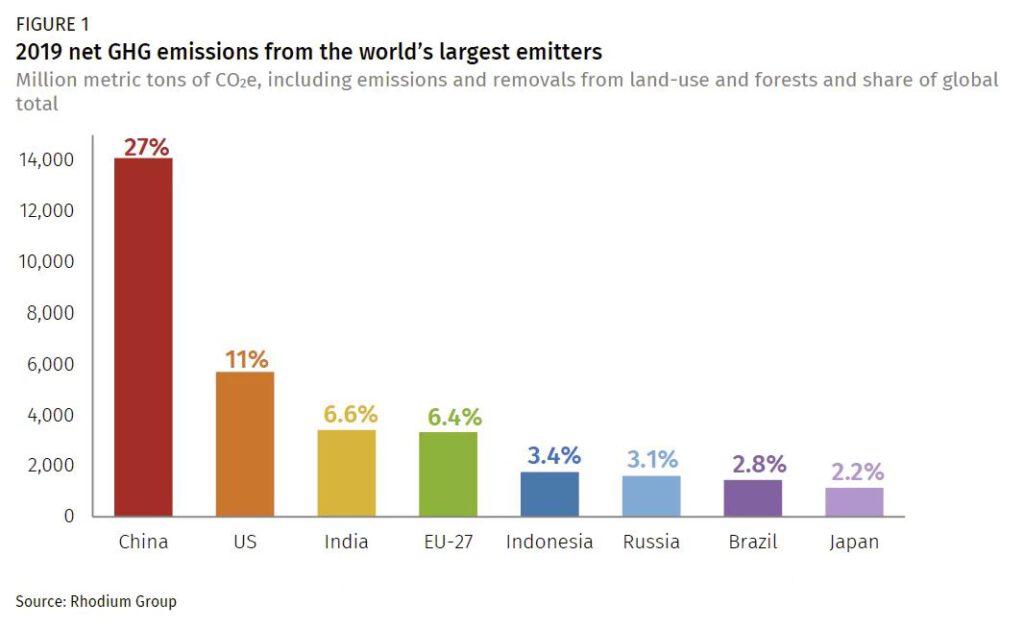
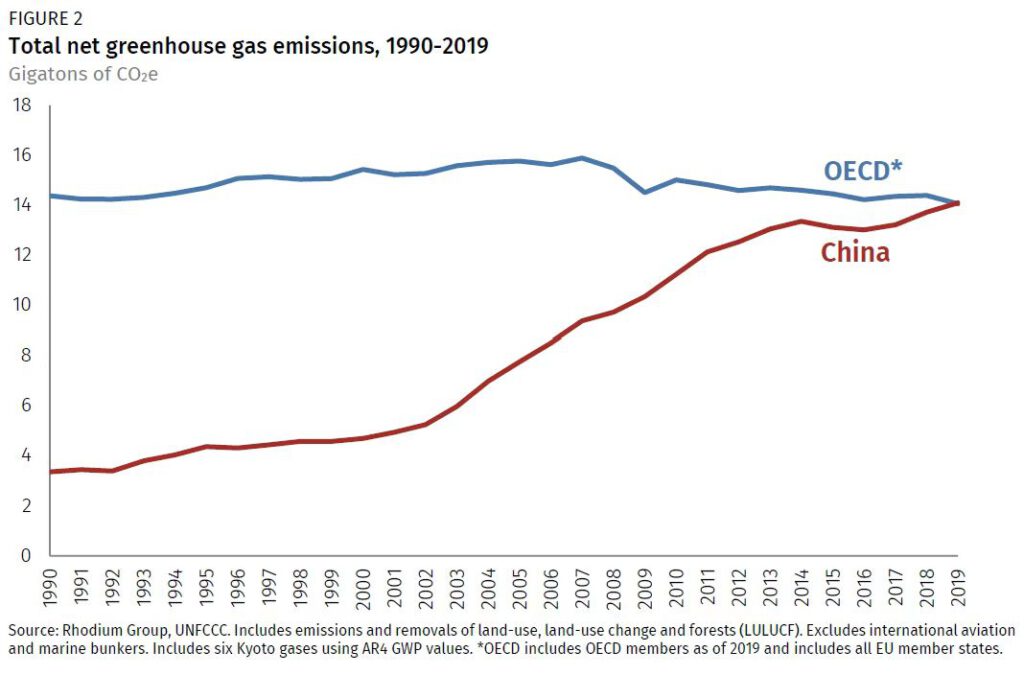
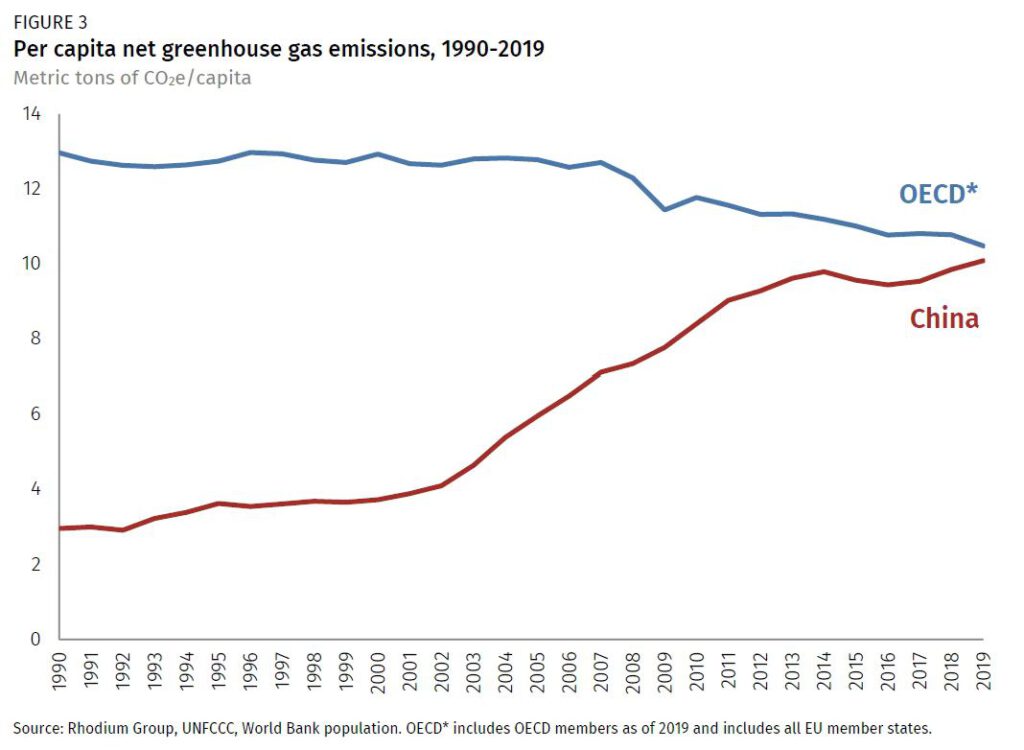
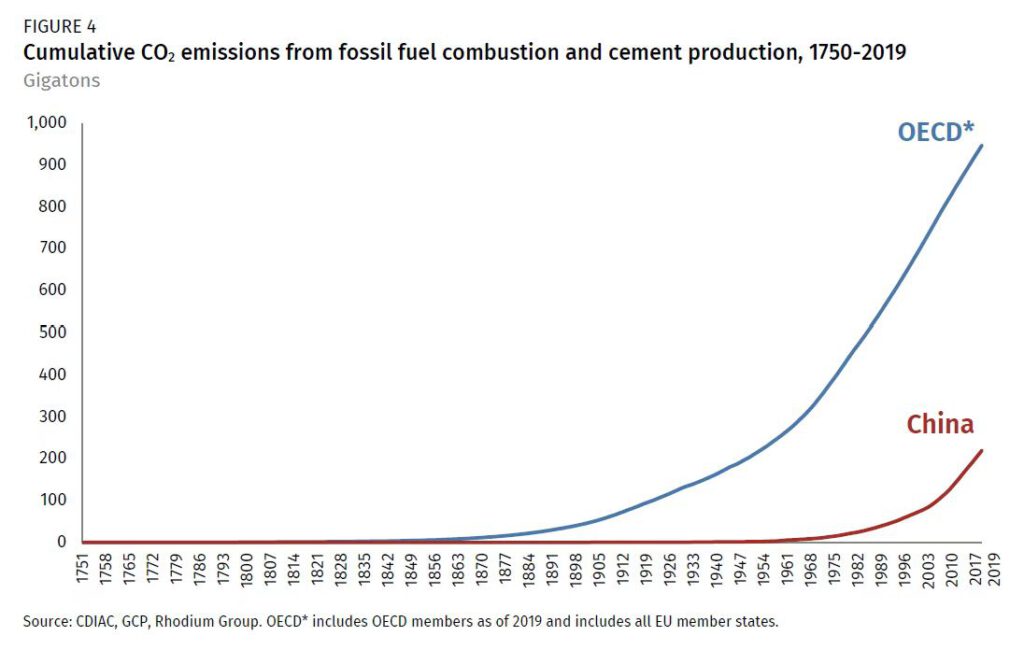
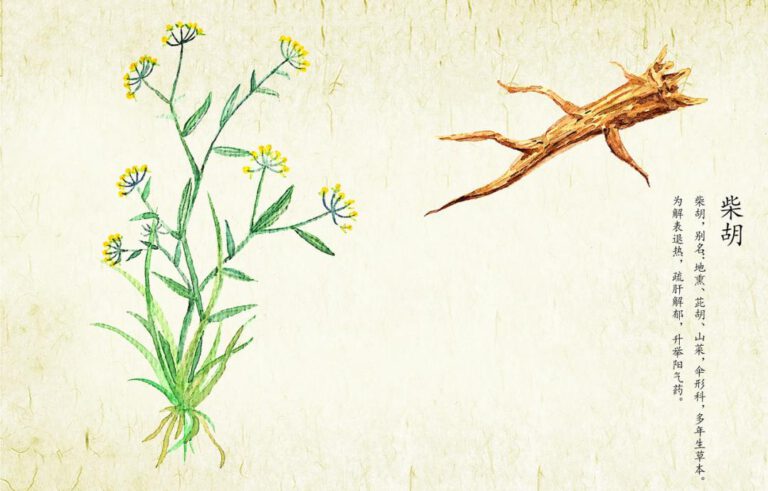



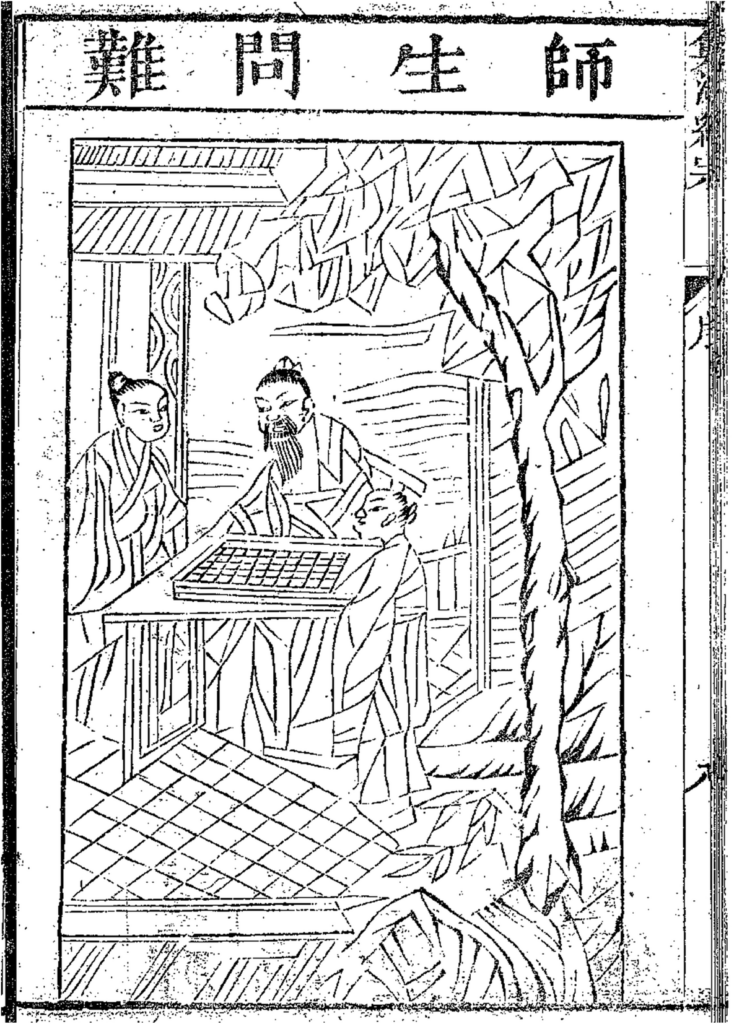
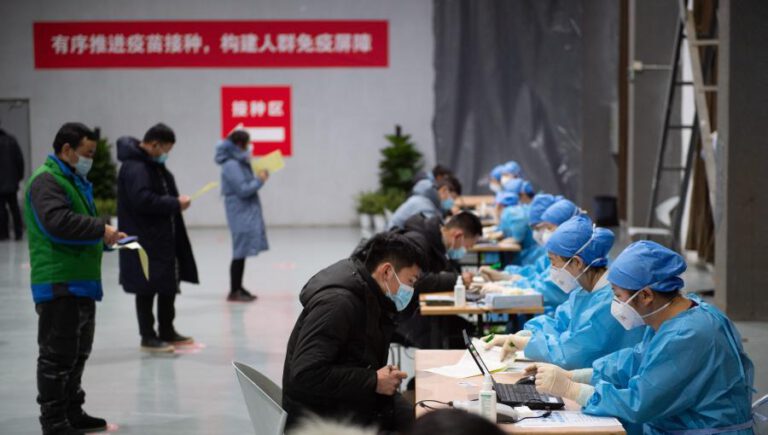
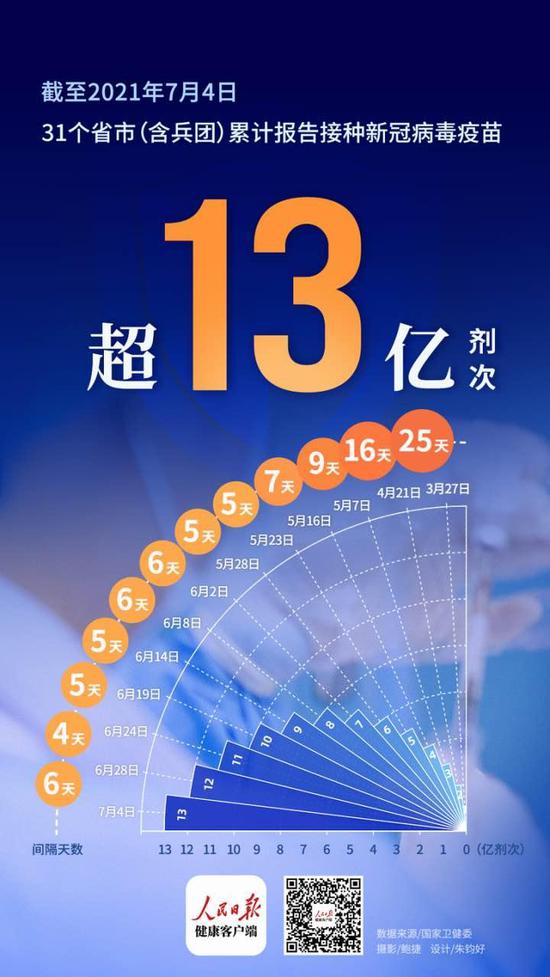


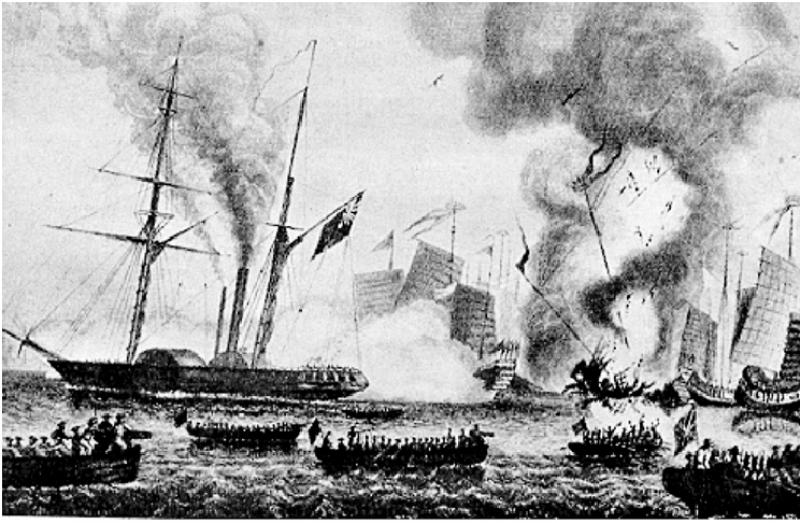
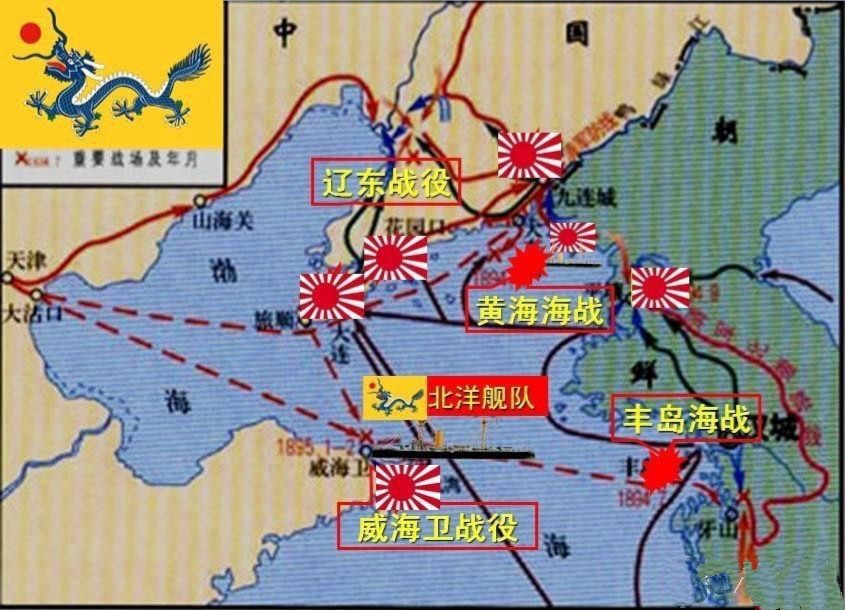


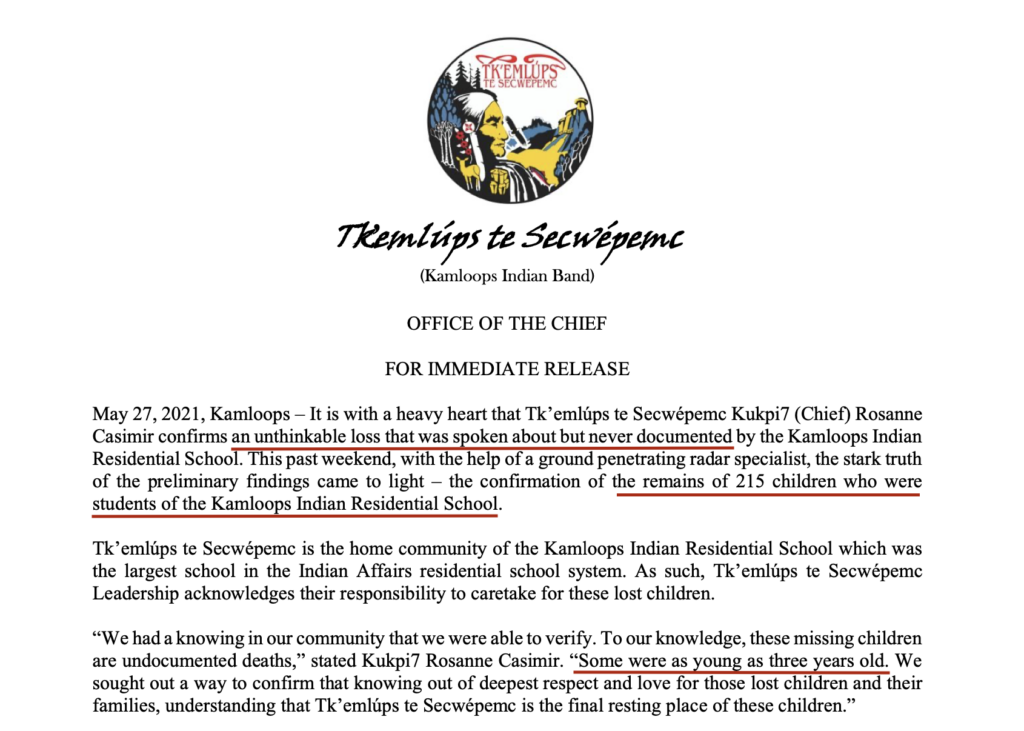


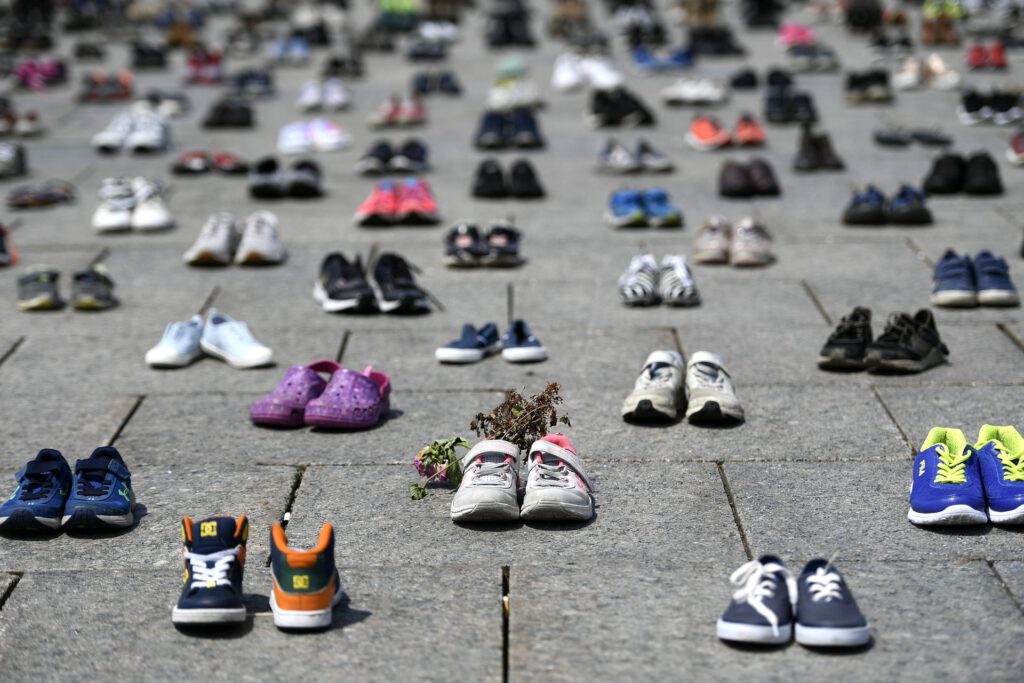
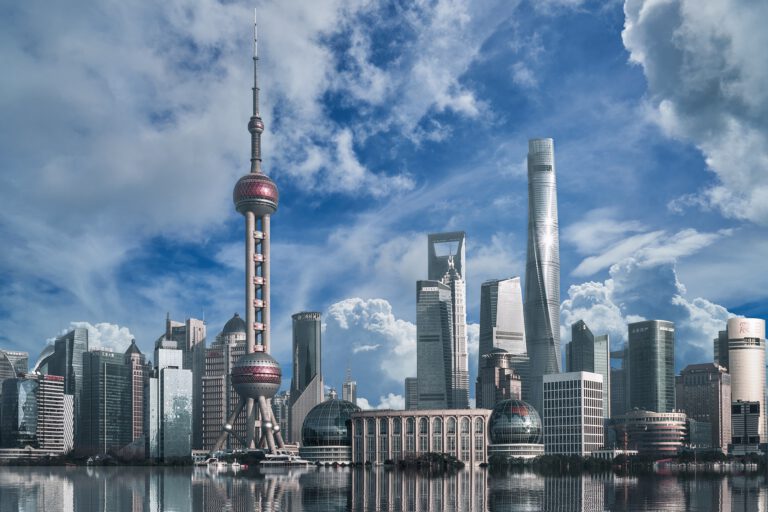
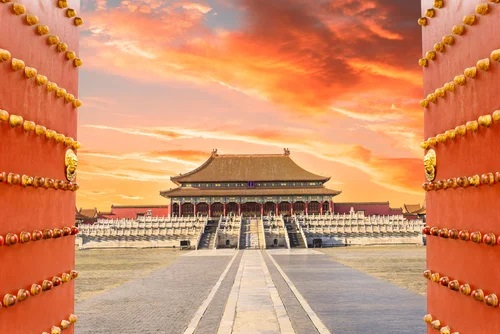
 Heiner Flassbeck is an Economics Professor (Hamburg University), former Deputy Minister of Finance of Germany (1998-1999), and the former Director of Globalisation Strategies for the United National Conference on Trade and Development (UNCTD, 2003-2012). Flassbeck has also worked as Chief Macroeconomist at the German Institute for Economic Research (DIW), and member of the staff of the German Council of Economic Experts. In 2016 he founded the Makroskop consultancy for global macroeconomics.
Heiner Flassbeck is an Economics Professor (Hamburg University), former Deputy Minister of Finance of Germany (1998-1999), and the former Director of Globalisation Strategies for the United National Conference on Trade and Development (UNCTD, 2003-2012). Flassbeck has also worked as Chief Macroeconomist at the German Institute for Economic Research (DIW), and member of the staff of the German Council of Economic Experts. In 2016 he founded the Makroskop consultancy for global macroeconomics.